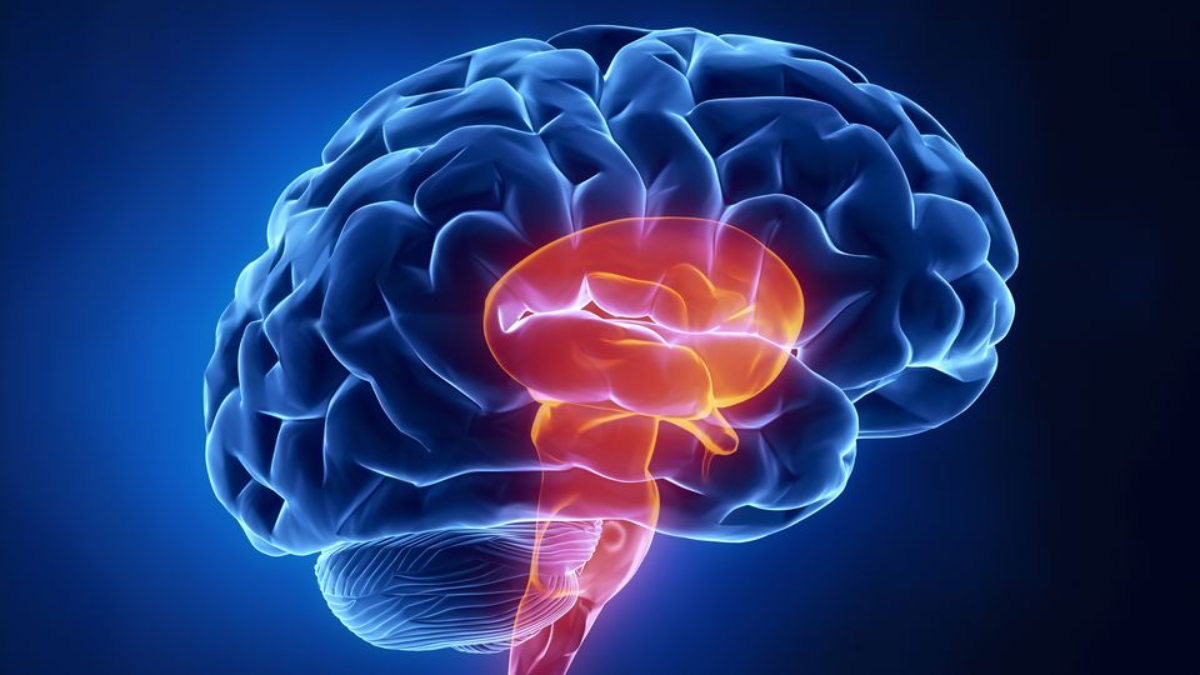
A new population-based study has revealed a compelling link between autism spectrum disorder (ASD) and an increased risk of early-onset Parkinson’s disease. Conducted by researchers at Sweden's renowned Karolinska Institutet, the large-scale investigation has raised crucial questions about shared neurological pathways that may underpin both conditions. The findings, published in JAMA Neurology, suggest a need for heightened medical awareness and long-term care strategies for individuals diagnosed with ASD.
Table of Content:-
A Surprising Neurological Connection
Autism spectrum disorder is a developmental condition marked by challenges in communication, social interaction, and behaviour. Parkinson’s disease, by contrast, is a neurodegenerative disorder that primarily affects motor function due to the gradual loss of dopamine-producing neurons in the brain. Despite their differing clinical presentations, the new research suggests these disorders may be more closely connected than previously thought.

Analysing registry data from over 2.2 million individuals born in Sweden between 1974 and 1999, the researchers tracked participants from age 20 through to 2022. They found that individuals with a diagnosis of ASD were approximately four times more likely to develop Parkinson’s disease than their neurotypical counterparts. This association persisted even after adjusting for variables like genetic predisposition, socioeconomic status, and existing mental health conditions.
Also Read: Discover ‘Japanese Walking’: The Gentle Fitness Secret For A Healthier Heart.
Dopamine: The Common Denominator?
The study’s lead author, Weiyao Yin from Karolinska Institutet’s Department of Medical Epidemiology and Biostatistics, pointed to a possible explanation. “Our results indicate there may be shared biological factors behind autism and Parkinson’s disease. One leading hypothesis is the involvement of the brain’s dopamine system, which plays a key role in both motion control and social behaviour,” said Yin.

Dopamine is a neurotransmitter that facilitates communication between neurons, particularly in brain areas responsible for movement and reward-based behaviour. In Parkinson’s, the depletion of dopamine-producing neurons leads to tremors, rigidity, and loss of coordination. Meanwhile, earlier research has hinted at dopamine’s involvement in autism, although the mechanisms remain less clear. This study may add further weight to the theory that disruptions in dopamine function are a contributing factor in both conditions.
Also Read: Beat Fatty Liver: Nutritionist Recommends Top 5 Foods To Detox And Melt Liver Fat Naturally
Clinical Implications and Need for Vigilance
While the study stops short of establishing a direct causal link, it underscores a significant correlation that could influence future approaches to both diagnosis and care. The researchers emphasised that individuals with autism, already recognised as a high-risk group due to co-occurring psychiatric and medical conditions, may benefit from more comprehensive and long-term neurological monitoring.

“There’s a growing need for clinical awareness. People with ASD already interact frequently with healthcare systems due to comorbidities and psychotropic medication use. These findings suggest we need to go a step further and be vigilant about their long-term neurological health,” Yin explained.
Looking Ahead: A Call for Further Research
Despite its broad scope and robust data set, the study is not without limitations. The observational nature of the research means it cannot definitively explain why the increased risk exists. However, it does lay the groundwork for future investigations that may unravel the biological mechanisms involved. The authors of the study hope their findings will catalyse more interdisciplinary research to better understand the overlap between developmental and degenerative neurological conditions.
Unlocking these connections could eventually lead to new treatment strategies or preventive measures for both autism and Parkinson’s disease. In the meantime, the research highlights the importance of proactive care, especially for autistic individuals as they age. For families, caregivers, and healthcare providers alike, this serves as an urgent reminder: autism may be more than a childhood diagnosis, and its implications could extend well into later life.
How we keep this article up to date:
We work with experts and keep a close eye on the latest in health and wellness. Whenever there is a new research or helpful information, we update our articles with accurate and useful advice.
Current Version